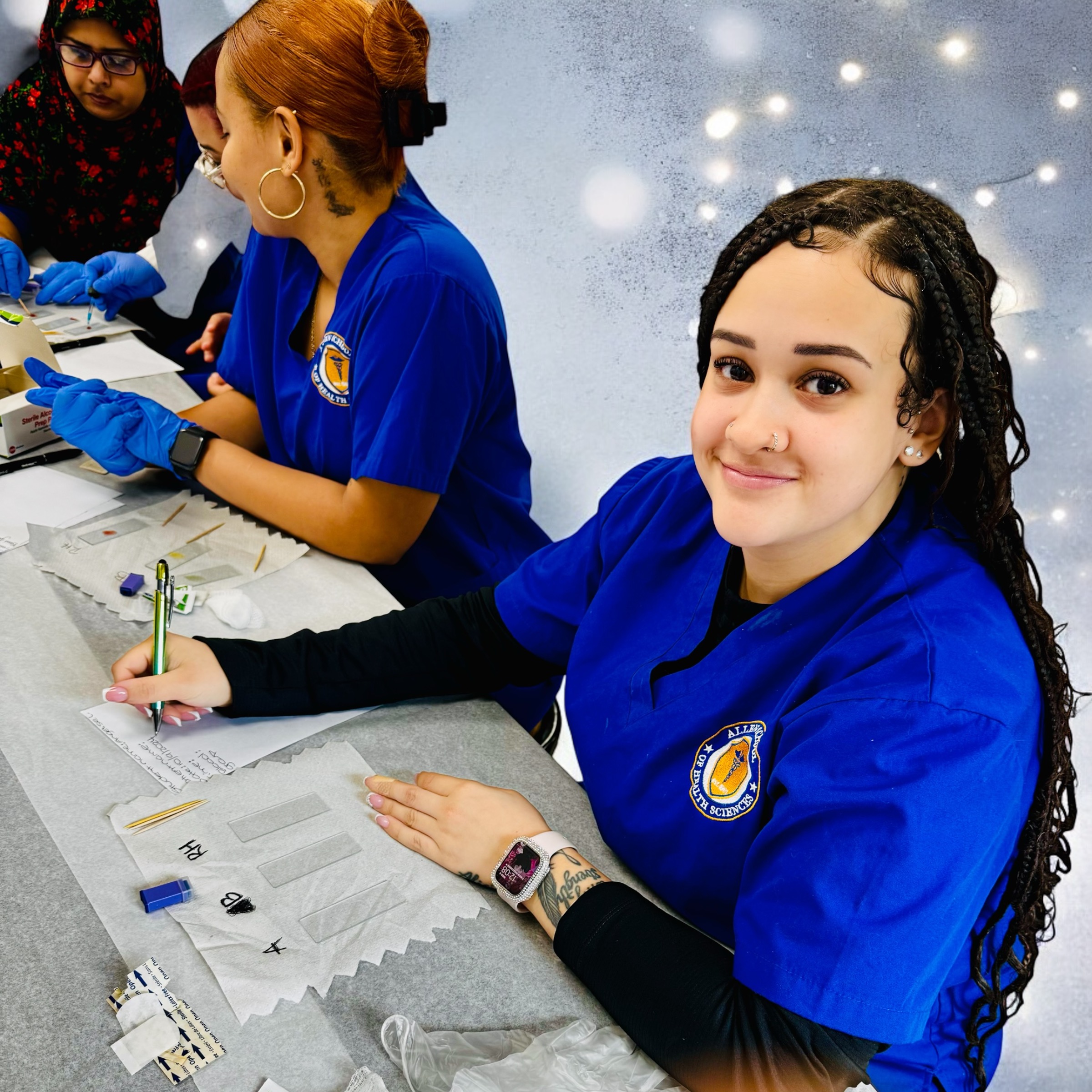
Setting professional goals as a medical assistant for the new year is a terrific way to enhance your career, improve patient care, and contribute to your workplace. Here are some ideas and strategies for establishing meaningful and achievable goals:
Skill Development.
Pursuing Additional Certifications: Consider obtaining certifications such as Certified Medical Assistant (CMA) or Registered Medical Assistant (RMA) to enhance your qualifications. Learn New Procedures: Identify any new procedures or techniques relevant to your practice and set a goal to become proficient in them. This could include advanced phlebotomy, EKGs, or administering specific injections.
Continuing Education.
Enroll in Workshops or Courses: Look for opportunities to attend workshops or online courses that focus on areas like patient communication, medical billing, or specialized medical fields like (cardiology, dermatology, pediatrics, etc.). Maybe you want to transfer your current skills to become a supervisor or manager. If you are looking to elevate your career, call the Allen School of Health Sciences, and ask about our Healthcare Management Certificate Program.
Stay Updated on Industry Changes: Set a goal to read a certain number of articles or attend webinars each month to stay informed about new regulations, technologies, and best practices in healthcare.
Enhancing Patient Care.
Improve Patient Interaction Skills: Work on developing your communication skills to foster better relationships with patients. This could involve practicing active listening or learning how to explain medical terms in a layperson’s language.
Patient Education Initiatives: Create a plan to educate patients on important health topics, such as preventive care, nutrition, or managing chronic conditions.
Career Advancement.
Set Path for Advancement: Identify potential roles you aspire to within your organization, such as an office manager or specialized medical assistant, and create a roadmap to achieve those positions.
Networking: Join professional organizations related to medical assisting or healthcare to build your network. Set a goal to attend a specific number of networking events or conferences throughout the year.
Workplace Improvement.
Streamline Administrative Processes: Identify areas where you can improve efficiency in your office, such as patient scheduling or record-keeping. Set measurable goals to implement new systems or improve existing ones.
Team Collaboration: Set goals for improving teamwork within your practice, such as initiating regular team meetings or proposing collaborative projects to enhance patient care.
Self-Care and Work-Life Balance.
Prioritize Well-Being: Set personal goals to manage stress and prevent burnout, such as establishing a regular exercise routine, practicing mindfulness, or scheduling regular breaks during your workday.
Time Management Skills: Work on improving your time management by setting specific goals for completing tasks efficiently and effectively.
Feedback and Self-Assessment.
Seek Feedback Regularly: Create a plan to ask for feedback from supervisors and colleagues to identify areas for improvement and to celebrate your successes.
Self-Assessment: Regularly evaluate your progress toward your goals, adjusting them as necessary to reflect changes in your career aspirations or workplace dynamics.
Setting professional goals as a medical assistant can lead to personal growth, improved job performance, and enhanced patient care. By focusing on skill development, continuing education, workplace improvement, and self-care, you can make the most of the new year and advance your career in the healthcare field. Remember to keep your goals specific, measurable, attainable, relevant, and time-bound (SMART) to maximize your chances of success. Ready to continue your journey or start your new career in the new year? Contact the Allen School of Health Sciences today! www.allenschool.edu
